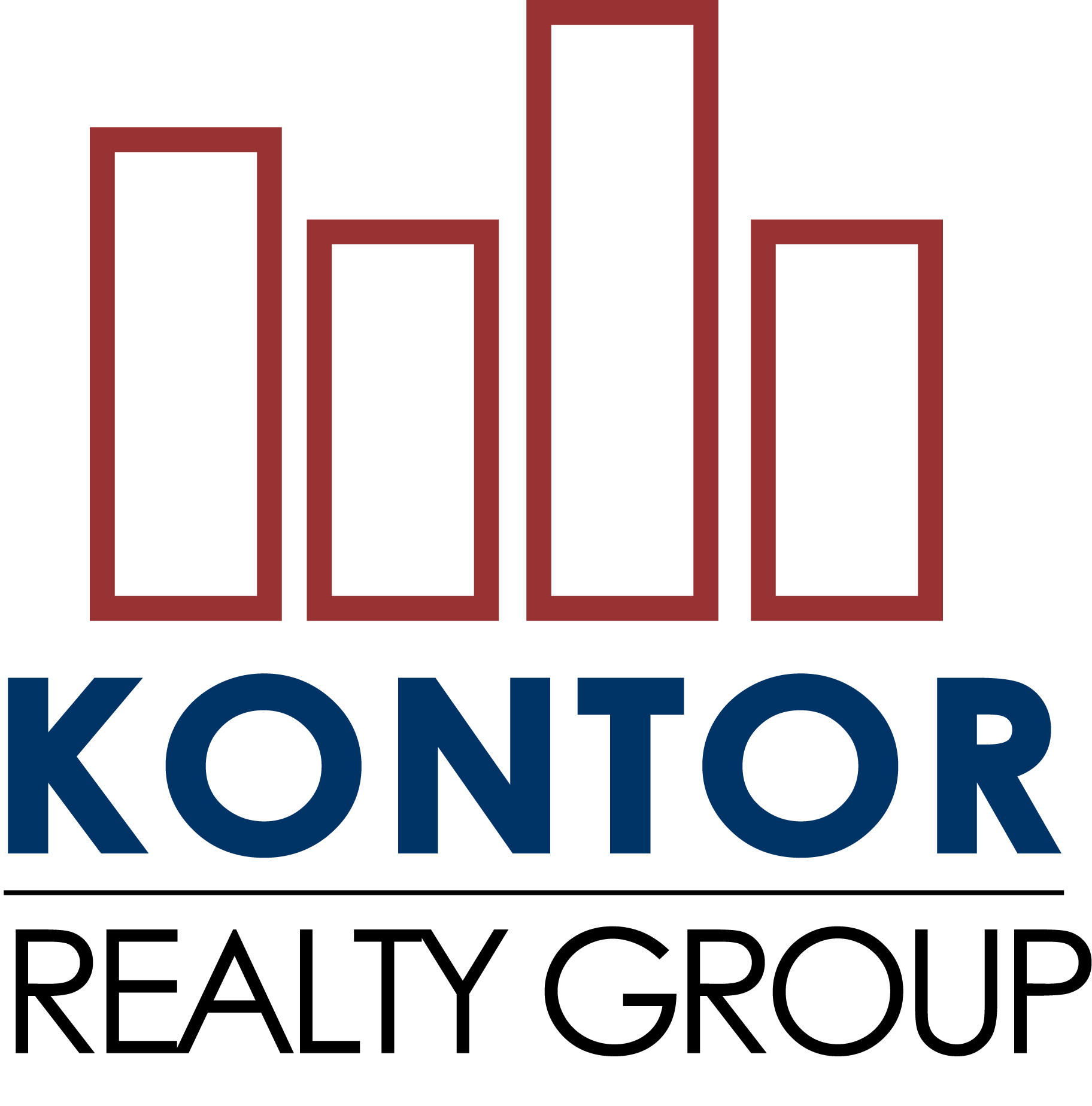Navigating the landscape of homeownership can be both thrilling and daunting for first-time buyers. Being well-prepared is crucial as it can ease the journey, helping you to make informed decisions that align with your long-term financial and lifestyle goals. In this guide, we will walk through the essential steps to ensure that you approach the home buying process with confidence and clarity.
Understanding Your Financial Situation
When embarking on the journey to homeownership, the first crucial step is to have a solid understanding of your financial situation. Start by crafting a detailed budget that takes into account your down payment, closing costs, ongoing monthly mortgage payments, property taxes, insurance, and maintenance expenses. Also, weigh different mortgage options to determine what best suits your financial reality and long-term goals. Securing mortgage pre-approval is a wise move; it not only gives you a clear picture of what you can afford but also strengthens your position when making an offer, signaling to sellers that you are a serious and qualified buyer.
Researching the Real Estate Market
The types of properties available in the real estate market and the location of your future home play pivotal roles in your home-buying decision. Diverse housing options such as single-family homes, condos, townhouses, or multi-family units each come with their unique benefits and considerations. It’s important to align your choice with your lifestyle preferences and needs. Furthermore, digging into location considerations is vital. Look into factors like the local community, schools, access to amenities, and safety, as well as the potential for property value appreciation. Keeping an eye on market trends will also guide you in understanding the best times to buy and will help identify areas that might yield a better return on your investment in the future.
Working with Real Estate Professionals
Real estate transactions involve complex negotiations and legal considerations, which is why collaborating with experienced real estate professionals can be greatly advantageous. A seasoned agent brings to the table a wealth of knowledge on local market conditions and can serve as a negotiator who has your best interests at heart. They can help streamline the search for your ideal home and assist in crafting a compelling offer. Furthermore, understanding contracts and legal stipulations is crucial in any real estate deal, and professional guidance can help you navigate the intricacies of purchase agreements, disclosures, and closing documents, ensuring your rights are protected throughout the process.
Navigating the Buying Process
Once you’ve found a home that strikes a chord with your heart and budget, the next steps are making an offer and entering into negotiations. It’s an artful balance of valuing the property fairly while also ensuring you’re getting a good deal. Expect some back-and-forth a good real estate agent is instrumental at this stage. After your offer is accepted, the home inspection and appraisal set the stage for the final agreement. A thorough home inspection can reveal any underlying issues that could become problematic later, giving you a chance to negotiate repairs or reconsider if the findings are too significant. The home appraisal, conducted by a third-party, ensures that the lender’s investment (your mortgage) is justified, verifying that the property’s value is in line with the amount being borrowed. These components are crucial in the purchasing journey and approaching them with due diligence ensures you’re investing wisely and with peace of mind.
Securing Your Investment
Securing your new home extends beyond the initial purchase; it involves safeguarding your investment for the long-term. Home insurance is essential not only because it’s typically required by mortgage lenders but because it protects your property against damage and liabilities. It’s important to shop around and find a comprehensive policy that offers coverage fitting your specific needs. Meanwhile, home warranties can provide additional peace of mind, covering the costs of repairs for home systems and appliances when they break down due to normal wear and tear. Beyond securing the property itself, it’s imperative to have a keen awareness of ongoing expenses such as property taxes, utility costs, homeowners’ association fees, and maintenance which can add up and affect your overall budgeting. Being well-versed in these continuing costs will help ensure that you maintain financial stability while enjoying your new home.
Stepping into homeownership is a significant milestone that comes with its set of challenges and rewards. By having a clear understanding of your finances, diligently researching the market, collaborating with skilled professionals, meticulously navigating the buying process, and ensuring your new home is well-protected, you can make the journey towards your first home a smoother and more satisfying experience. Remember, homeownership is not just about buying a property, it’s about laying the foundation for your future and creating a space that you can truly call your own.




